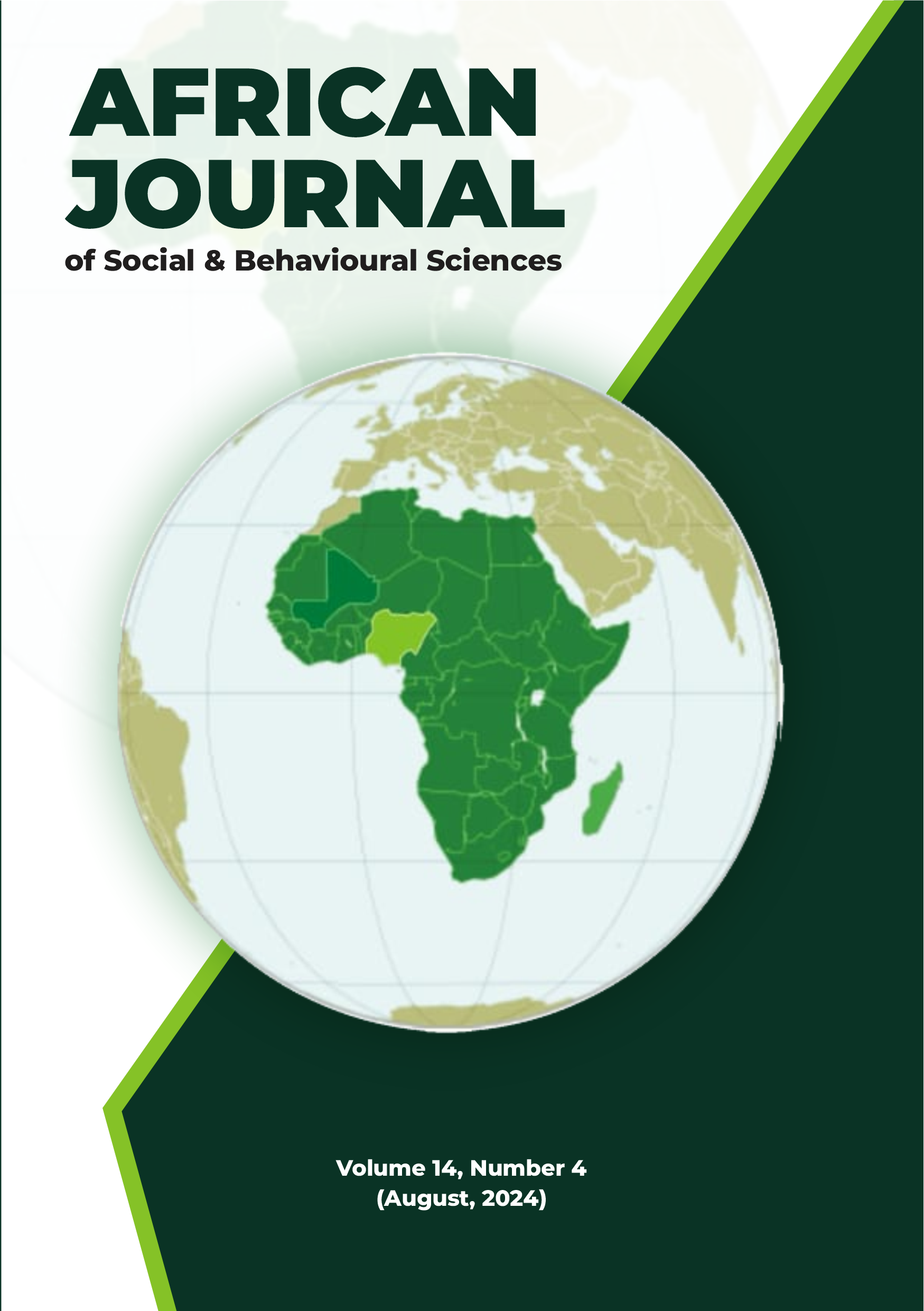EFFECT OF INTEGRATED PERSONNEL AND PAYROLL INFORMATION SYSTEM (IPPIS) ON PERSONNEL COST IN NIGERIAN CIVIL SERVICE (2015-2020)
Keywords:
e-payment, IPPIS, Personnel, Public Service, ReformsAbstract
The ghost worker syndrome, payroll fraud, stealing, over-involving, sterile auditing/poor accounting, over-staffing, etc. have been a menace across all tiers of government in Nigeria and has led to government spending billions of naira resulting from the money being siphoned through the payment to non-existent workers/persons. This is worrisome. Therefore, this paper examined the effect of integrated personnel and payroll information system (IPPIS) on personnel cost in the Nigerian Civil Service. The researcher applied the descriptive quantitative research method, using primary and secondary sources to elicit data, and analysed data using simple percentages, frequency tables and the critical values of the chi-square distribution with degree of freedom. The study used a population of 1,265 comprising four Federal MDAs and Offices of Accountant General of Anambra, Ebonyi and Enugu state and a sample size of 304 determined by Taro Yameni formula. The study discovered that the personnel record of Nigerian civil servants could be relied upon only to a low extent because of bloated staff strength, wrong dates of employment, or wrong dates of birth that normally affect personnel cost negatively. However, the study found out that the effects of IPPIS on personnel cost are positive because a lot of ghost workers were fished out and millions of naira was saved, thereby reducing personnel cost. It was concluded that proper implementation of IPPIS can eliminate payroll fraud in the Nigerian civil service. From these findings, it is recommended that the practice of IPPIS in the civil service should seriously aim at improving personnel records as well as ensure that all civil servants should continue to be paid through bank and not by cash. Also, government should strengthen the internal control mechanism of IPPIS so as to continually detect and block any loophole that may give room for fraud. Government should budget enough money and make funds available for training and retraining of both civil servants that will handle the programme and the stakeholders to the scheme. All states of the Federation should endeavour to key into IPPIS to reap the benefits accruing there from.


